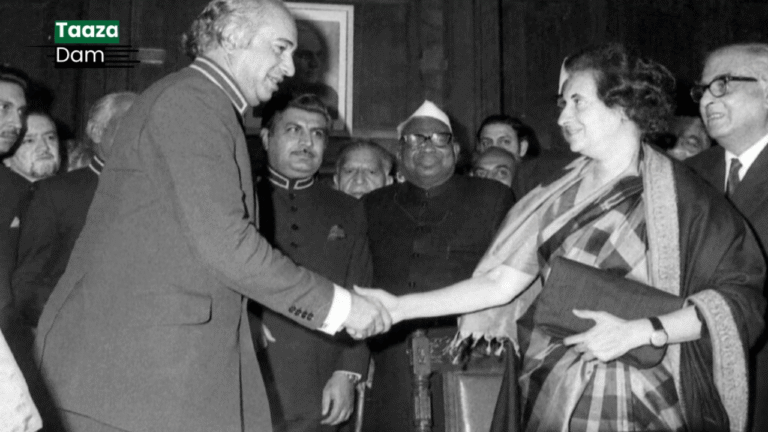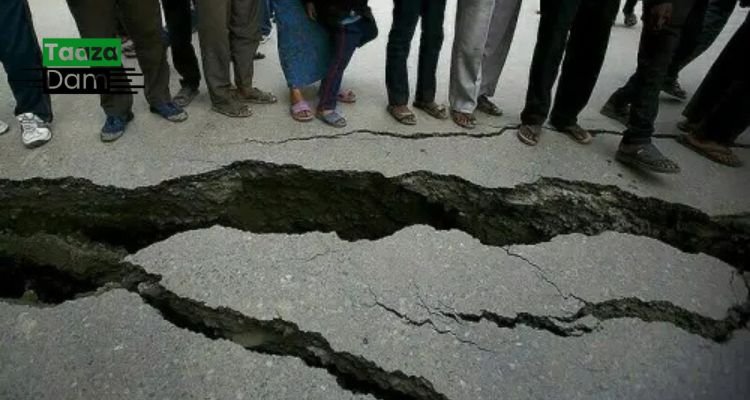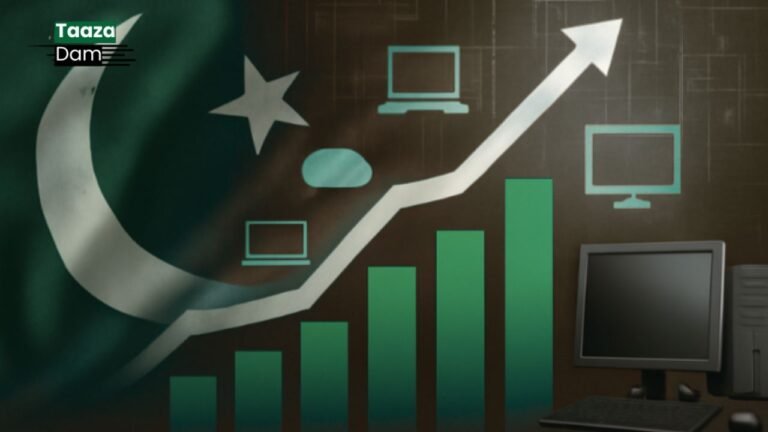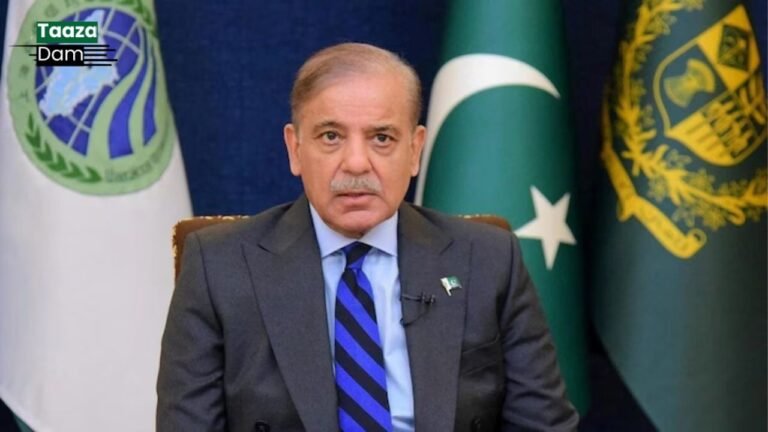Petrol Prices in Pakistan: June 2025 Update

📈 Petrol Price Hike Announced
The federal government has announced a Re1 per litre increase in petrol prices, effective from June 1, 2025. The new price of petrol stands at Rs253.63 per litre, up from the previous rate of Rs252.63 per litre. This adjustment follows recommendations from the Oil and Gas Regulatory Authority (OGRA) and relevant ministries .
🚫 No Change in High-Speed Diesel Price
In contrast to the petrol price hike, the price of high-speed diesel (HSD) remains unchanged at Rs254.64 per litre. This stability in HSD prices aims to provide relief to the transport sector, which heavily relies on diesel for operations .
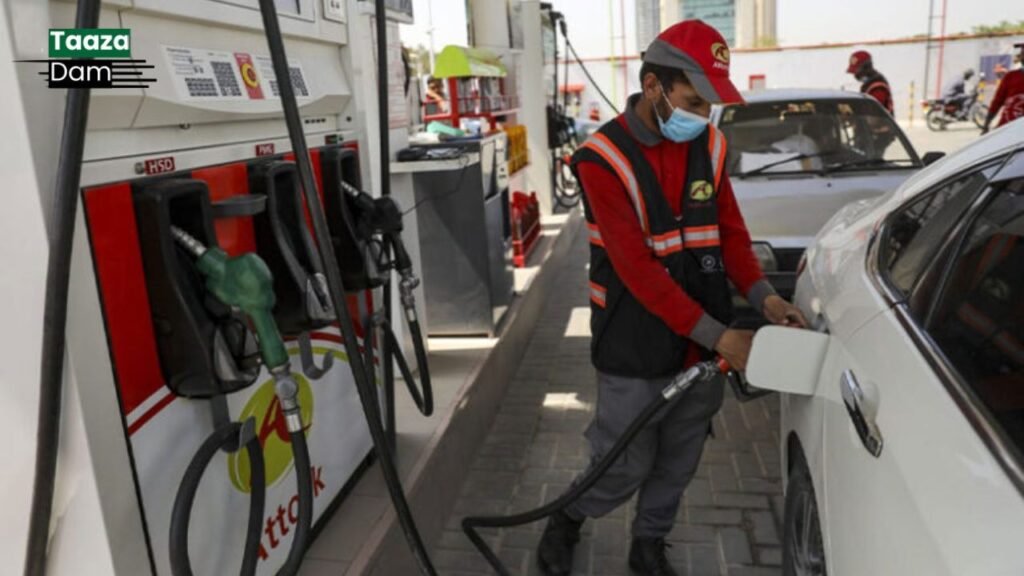
🔻 LPG Prices Reduced
The Oil and Gas Regulatory Authority (OGRA) has also announced a decrease in liquefied petroleum gas (LPG) prices by Rs4.62 per kilogram for June 2025. As a result, the new price for an 11.8kg cylinder is Rs2,838.31, down from Rs2,892.91 in May. Consumers will now pay Rs240.53 per kilogram, a reduction from the previous rate of Rs245.16 .
📊 Factors Influencing Fuel Price Adjustments
Several factors contribute to the periodic adjustments in fuel prices in Pakistan:
- Global Oil Prices: Fluctuations in international crude oil prices directly impact the cost of imported petroleum products.
- Exchange Rates: The value of the Pakistani Rupee against the US Dollar affects the cost of importing oil.
- Government Levies: Taxes and levies imposed by the government, such as the Petroleum Development Levy, influence the final retail price.
- Market Dynamics: Supply and demand factors, including seasonal variations and geopolitical events, can lead to price changes.
Outlook for Future Fuel Prices
Looking ahead, the government is considering adjustments to the Petroleum Development Levy (PDL) in the upcoming fiscal year. Reports suggest that the PDL on petrol could increase to Rs100 per litre, potentially raising the price of petrol to approximately Rs275 per litre. This move aligns with Pakistan’s commitments under the International Monetary Fund (IMF) program .
Conclusion
The recent increase in petrol prices underscores the ongoing challenges faced by consumers due to fluctuating global oil markets and domestic economic policies. While the government has maintained the price of high-speed diesel to support the transport sector, the anticipated rise in levies could further strain household budgets. Consumers are advised to stay informed about future price adjustments and consider alternative energy sources where feasible.


